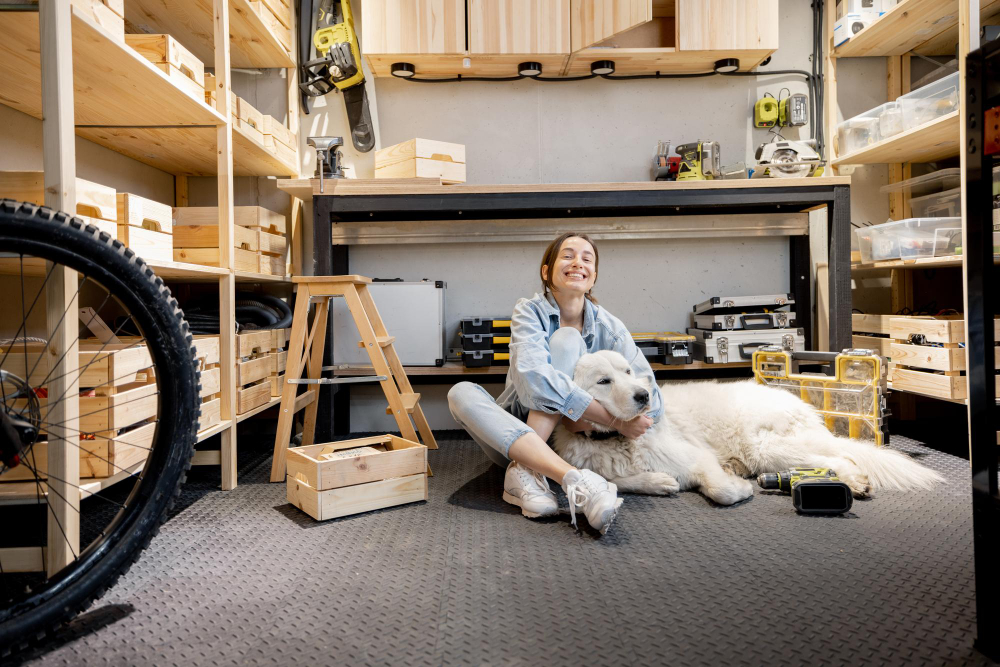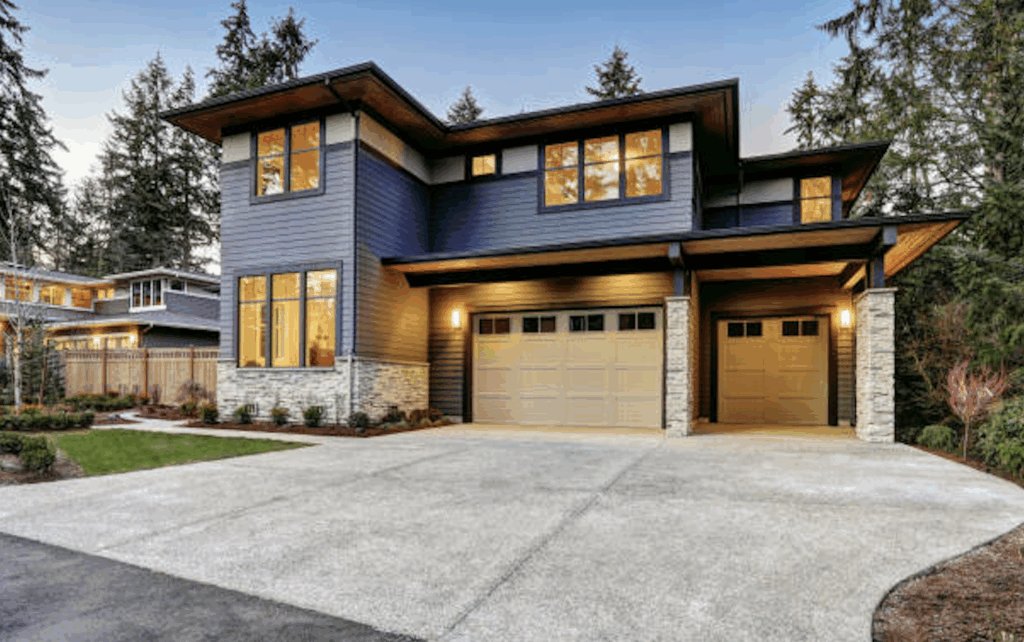Converting a garage into a room is a popular home improvement strategy for homeowners who want to maximize space without building an expensive extension. But is this kind of renovation actually worth it? Can turning a garage into a bedroom, home office, or family room really boost your property’s resale value—or could it backfire?
This detailed guide walks through everything you need to know about garage conversions, including the benefits, drawbacks, planning process, and how it impacts your home’s market appeal.
Why Convert a Garage?
Garages—especially attached garages—are often underused spaces. Many homeowners use them for storage or don’t use them at all. Converting that space into a livable room is an attractive idea for growing families, remote workers, or property owners looking to add functionality without the costs of a full addition.
Some of the most common garage conversion ideas include:
- Guest bedroom or in-law suite
- Home office or remote work space
- Personal gym or yoga studio
- Media room or game room
- Teen hangout or kids’ playroom
The appeal is clear: you already have the walls, roof, and floor. Compared to an extension, the structure is halfway there.

Does a Garage Conversion Increase Home Value?
The value impact of converting your garage depends heavily on your location, target buyer demographic, and execution quality. In urban markets where parking isn’t a top priority, converting a garage into livable space may increase property value by 10% to 20%. However, in suburban or rural areas where garage parking and storage are considered essentials, removing a garage could lower your home’s appeal—and possibly its resale price.
A well-executed garage conversion that includes insulation, HVAC, proper permits, and a design that flows with the rest of the home is more likely to generate a positive return on investment.
According to Remodeling Magazine, the national average cost of a garage conversion ranges from $25,000 to $40,000, depending on finishes, plumbing, and structural changes.
Key Factors to Consider Before Converting
Before you start ripping out the garage door, there are a few things every homeowner should consider:
Zoning & Building Codes
Always check local zoning laws and obtain the required permits. Some jurisdictions restrict conversions or require off-street parking spaces.
Insulation and Temperature Control
Garages are not built to the same thermal standards as the rest of the house. You’ll need to insulate walls, ceilings, and possibly raise the floor.
Utilities and HVAC
Connecting heating, cooling, plumbing (if needed), and electrical systems can significantly add to the cost.
Exterior Appearance
Matching your home’s aesthetic is essential. A badly blended facade or leftover driveway space can hurt curb appeal.
Parking and Resale
If your property lacks other off-street parking, removing the garage may turn off future buyers.
When a Garage Conversion Makes Sense
A garage conversion is more likely to be a good decision if:
- You live in a city or neighborhood where on-street parking is sufficient.
- Nearby homes also lack garages or have conversions.
- You need more space but have a limited budget.
- You’re planning to stay in your home long-term.
- You intend to generate rental income (if legally allowed).
When You Should Reconsider
Garage conversions may not be ideal if:
- You live in a neighborhood where every house has a functional garage.
- You’re planning to sell within a year or two.
- Your family needs garage space for storage, tools, or weather protection.
- You live in a cold climate where indoor parking is valued.
Final Thoughts
Converting your garage into a room can be a smart way to increase your home’s livable square footage and functionality—but it’s not a one-size-fits-all solution. It’s important to evaluate your specific market, your home’s layout, and your long-term plans before investing in a garage remodel.
Done well, a garage conversion can be a lifestyle upgrade and a property value booster. Done poorly, it can create a resale challenge. Weigh the benefits against the potential drawbacks—and always consult local regulations and real estate trends in your area before committing to a project of this scale.

